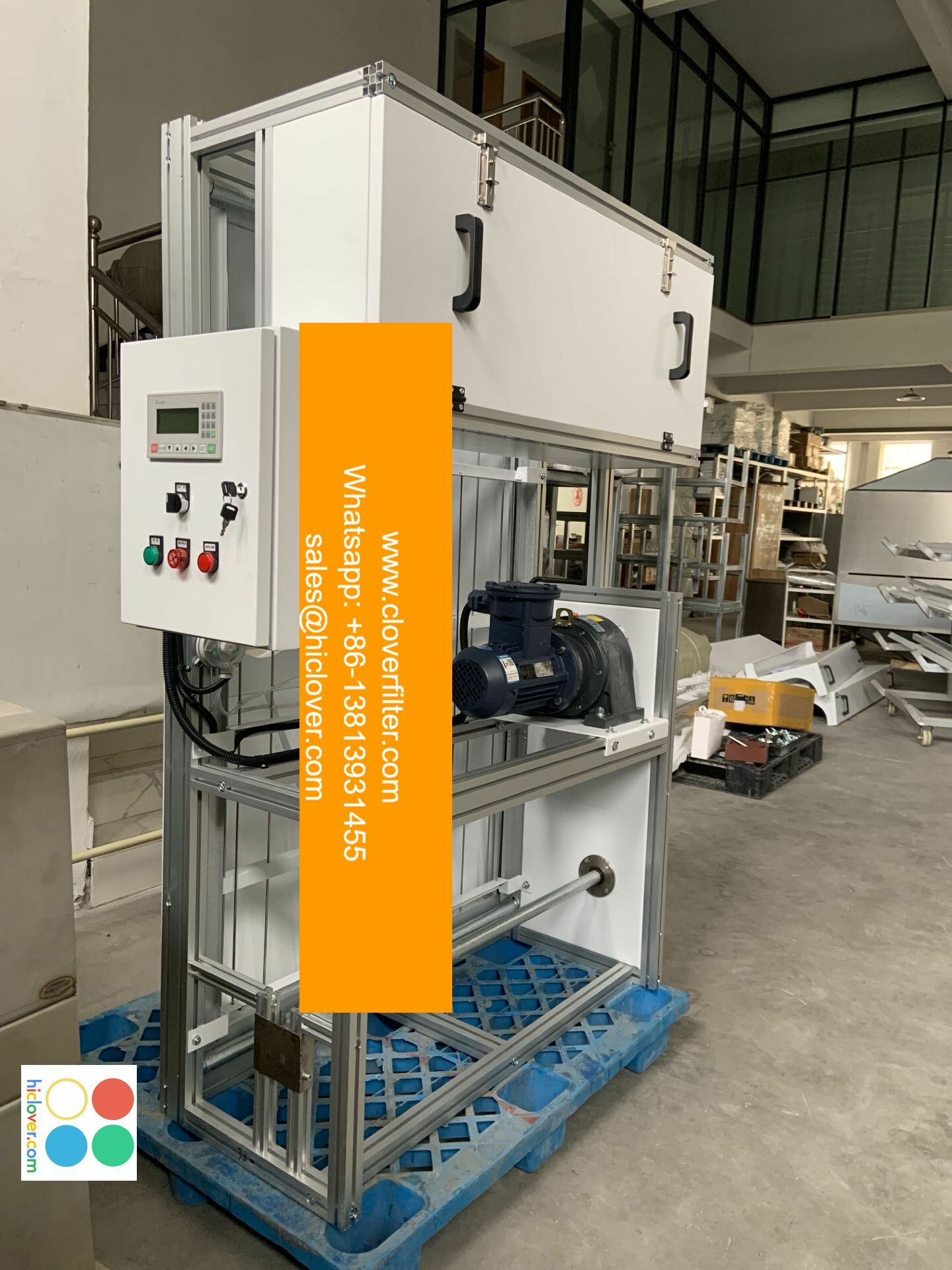The Importance of Air Filter Regulations: Why Compliance Matters

The Importance of Air Filter Regulations: Why Compliance Matters
As the world continues to grapple with the consequences of air pollution, the need for effective air filter regulations has become increasingly paramount. Air filters play a critical role in maintaining indoor air quality, and non-compliance with regulations can have severe consequences on human health and the environment.
Why Air Filter Regulations are Crucial
Air filter regulations are designed to ensure that filters meet specific standards for efficiency, durability, and performance. By setting minimum requirements for air filters, regulations safeguard public health, prevent environmental harm, and protect equipment and facilities from damage. Compliance with regulations is essential for several reasons:
- Indoor Air Quality: Air filters are responsible for removing pollutants and contaminants from indoor air, protecting occupants from respiratory problems, and preventing the spread of diseases. Non-compliant filters can allow harmful particles to circulate, compromising indoor air quality.
- Equipment and Facility Protection: Air filters can prevent damage to equipment and facilities by removing dirt, dust, and other debris that can accumulate and cause problems. Non-compliant filters can lead to premature wear and tear, resulting in costly repairs and replacements.
- Environmental Concerns: Air filters can significantly impact the environment by reducing greenhouse gas emissions and minimizing waste. Non-compliant filters can increase energy consumption, contribute to waste, and negatively impact the environment.
Application Areas Where Air Filter Regulations are Crucial
Air filter regulations are essential across various industries and application areas, including:
- Commercial and Residential Buildings: Air filters are critical in commercial and residential buildings to maintain indoor air quality, prevent equipment damage, and reduce energy consumption.
- Healthcare Facilities: Air filters are essential in healthcare facilities to prevent the spread of diseases, reduce the risk of infections, and maintain a safe environment for patients and staff.
- Manufacturing and Industrial Settings: Air filters are vital in manufacturing and industrial settings to prevent equipment damage, reduce waste, and maintain a safe and healthy work environment.
- Transportation and Aviation: Air filters are crucial in transportation and aviation industries to maintain air quality, prevent equipment damage, and ensure safe operations.
Challenges and Benefits of Compliance
Compliance with air filter regulations can present several challenges, including:
- Cost: Meeting regulatory requirements can be costly, particularly for small businesses or industries with limited resources.
- Complexity: Air filter regulations can be complex and difficult to navigate, especially for those unfamiliar with the industry.
However, the benefits of compliance far outweigh the challenges, including:
- Improved Indoor Air Quality: Compliance ensures that air filters meet minimum standards for efficiency and performance, resulting in improved indoor air quality.
- Reduced Energy Consumption: Compliant air filters can reduce energy consumption, leading to cost savings and a reduced carbon footprint.
- Increased Equipment Durability: Compliance can extend the lifespan of equipment and facilities by preventing damage from non-compliant filters.
Conclusion
Air filter regulations play a vital role in maintaining public health, preventing environmental harm, and protecting equipment and facilities from damage. Compliance with regulations is essential to ensure that air filters meet minimum standards for efficiency, durability, and performance. While compliance may present challenges, the benefits of improved indoor air quality, reduced energy consumption, and increased equipment durability make it a worthwhile investment for industries and facilities across various application areas. By prioritizing compliance with air filter regulations, we can create a safer, healthier, and more sustainable environment for generations to come.
I’m happy to help! Can you please provide a prompt for me to assist you with?

